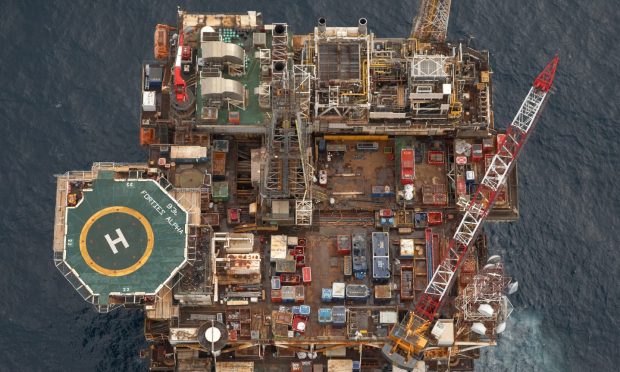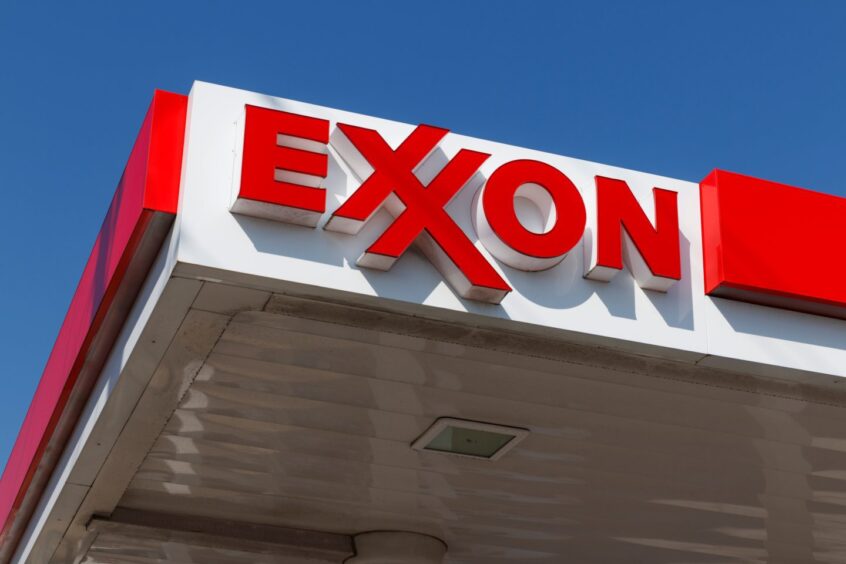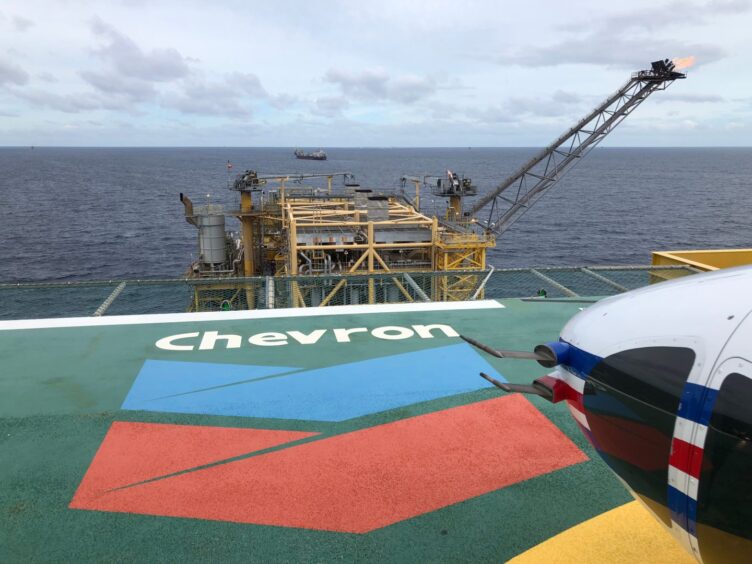Mergers and acquisitions (M&A) activity around the world slumped to the lowest level in a decade last year, but hopes are rising of a turnaround in 2024.
Total M&A volumes in 2023 fell 18% to about £2.39 trillion – the lowest since 2013, when deal volumes were £2.23tn.
Reuters reported that dealmakers have blamed high interest rates, while economic uncertainty and market volatility made it harder for acquirers and sellers to agree on deal prices.
M&A volumes in the US, the world’s largest investment-banking market, declined 8% to £1.13tn. Volumes in Europe and Asia Pacific dropped more sharply, by 32% and 20% respectively.
Private-equity-led buyout volumes globally slumped 38% to £345.32 billion.
We expect the M&A markets to embark on a new upward trajectory.”
Brian Levy, PwC
But a healthier M&A market is predicted for this year.
Brian Levy, global deals industries leader and partner with PwC in the US, said: “We are hearing the starting bell sounding for an upswing in M&A activity, signalling an end to one of the worst bear markets for M&A in a decade.
“Whilst the strength and speed of the recovery remain uncertain, due to lingering macroeconomic and geopolitical challenges, we believe we have reached a tipping point.
“We expect the M&A markets to embark on a new upward trajectory, with a steady increase in activity as the year progresses. Indeed, a flurry of deals in the past few months suggests that this rise in dealmaking may already have started in some sectors.”
Mr Levy said there are three main factors underlining PwC’s “newfound optimism that we are entering a new phase of dealmaking in 2024”.
- A recent improvement in financial markets, spurred by decelerating inflation and expected reductions in interest rates.
- The pent-up demand for and supply of deals.
- Apressing strategic need for many companies to adapt and transform business models “that are the very essence of dealmaking”.
The global M&A market has entered a new phase in 2024 and this differs from previous ones, he said.
He explained: “The upturn will almost certainly be more measured than the surge of dealmaking activity which occurred during late 2020 and in the record-breaking year of 2021.”
Dealmakers are facing “very different” conditions in 2024 to the past few years and will need to adapt their playbooks accordingly, he added.
Mr Levy continued: “For example, although credit markets have reopened, financing is more expensive than it has been for a decade.
“The higher cost of capital will put downward pressure on valuations and require dealmakers to create more value to deliver the same return as before.
“As the wider macroeconomic and geopolitical landscape remains uncertain, dealmakers who are able to assess risks and plan for different scenarios will be more confident taking actions than those who may be waiting for greater clarity to arrive.”
Energy deals led the way in 2023
Transition continues to drive business transformation in the energy, utilities and resources (EU&R) sector as firms reposition themselves for sustainability challenges.
Mr Levy added: “The number of EU&R megadeals almost tripled in 2023, compared to the prior year, and the two largest deals of the year were energy ones.”
Blockbuster deals in the oil and gas industry propped up deal volumes last year.
ExxonMobil’s £47.78bn bet on Pioneer Natural Resources and Chevron Corp’s £42.22bn acquisition of Hess Corp ranked as the largest deals for the entire year.
Global research and consultancy group Wood Mackenzie (WoodMac) said ExxonMobil’s and Chevron’s belief in the durability of upstream oil and gas could hardly be better demonstrated by the game-changing acquisitions of two flagship US independents.
Some have described these deals as pivotal for the sector, widening the strategic gulf with European majors.
WoodMac said: “The deals have striking similarities other than routine cost synergies.
“These include the scale and quality of the acquired assets, which may even serve to strengthen the buyers’ stock market ratings. The impact of the acquisitions is transformational for ExxonMobil and Chevron’s long-term cash flow profile.”
What the acquisitions mean for ExxonMobil’s and Chevron’s Scope 3 net-zero targets, which include all indirect emissions of their activities, is “the elephant in the room,” WoodMac said.
It added: “Doubling down on upstream ramps up the future challenge of Scope 3 emissions, particularly in the event of an accelerated transition.
“It’s not such a big deal today when the short-term political focus is on energy security.
“Things may be very different early next decade.”
Will Euro majors follow suit?
So what can the European majors do in response to ExxonMobil and Chevron’s moves?
WoodMac said: ” Like-for-like M&A would pose significant challenges.
“The opportunity set for corporate acquisitions isn’t exclusively US-listed independents, but there’s not much else globally that could move the needle… and two of the best US targets have now gone.
The US Majors made two huge upstream acquisitions towards the end of 2023, creating a frenzy of speculation as to how competitors will react. Read our predictions in Global upstream M&A: 4 things to look for in 2024: https://t.co/5IkiVMpj1P pic.twitter.com/4FT0sGUNNO
— Wood Mackenzie (@WoodMackenzie) January 27, 2024
“The Euro majors lack the synergies US majors bring to US independents, and European-based shareholders are likely to be less enthused than their US counterparts.
“Most importantly, the Euro majors lack the highly rated equity to do all-stock deals.
“A debt-funded acquisition that stretches the balance sheet is a non-starter in the current environment.”
Euro majors lack the highly rated equity to do all-stock deals.”
WoodMac
According to WoodMac, the spotlight will be on BP’s and Shell’s response in the coming months.
The consultancy added: “The focus for all oil and gas companies, ultimately, has to be value creation rather than size. A specific goal for the Euro majors is to narrow and even close the structural valuation gap to their premium-rated US peers.
“Large-scale M&A might be the answer to achieving both but the odds are heavily stacked against it. Mega-mergers seem too giant a leap, with the transition pathway so uncertain and European corporate cultures still diverse.”
Neptune changes hands for £3.9bn
However, big energy-sector deals are still being done on this side of the Atlantic.
Italian oil group Eni completed a £3.9bn takeover of North Sea operator Neptune Energy just last month.
Eni’s Norwegian operation went to Var Energi, itself part-owned by Eni, through a separate deal. Meanwhile, Eni’s business in Germany has had its own carve-out.
The Italian major has a limited operation in the UK, meaning there is no expected impact on the workforce at Neptune, covering around 200 people between Aberdeen and London.
Meanwhile, WoodMac last month predicted more firms could exit the UK North Sea in 2024.
Canada’s Suncor and China’s Sinopec bowed out of the UK sector last year, while CNOOC of China could also be set to depart.
“Apache, ExxonMobil and KNOC (Dana Petroleum‘s owner) are also regularly tipped as exit candidates,” WoodMac said.








Conversation